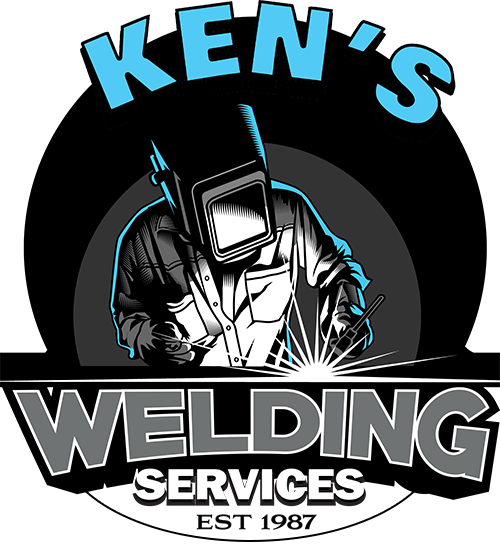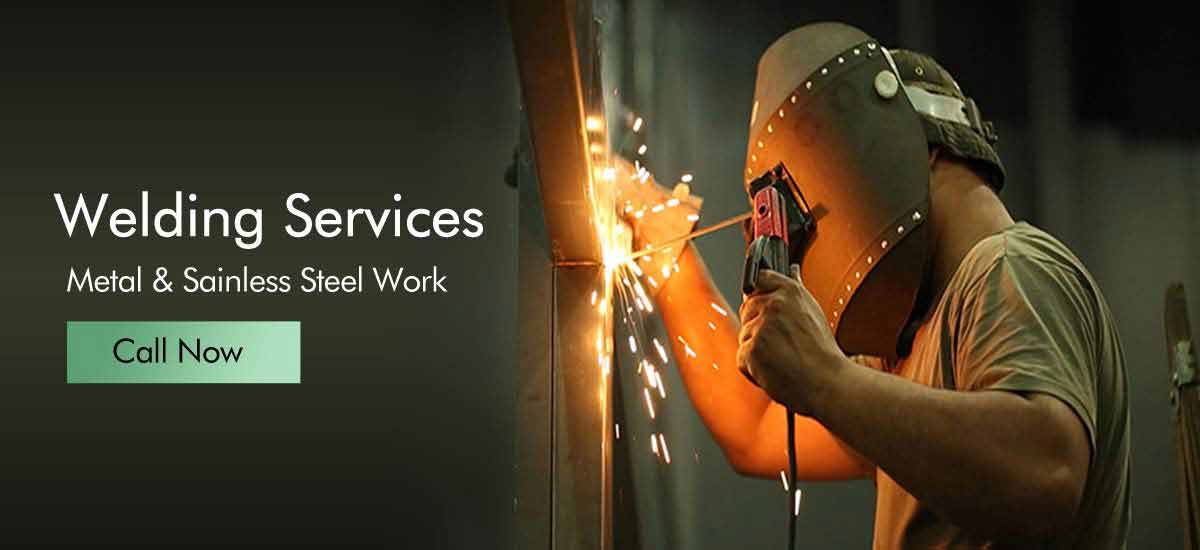Comprehensive Welding Inspection Service for Industrial Projects
Comprehensive Welding Inspection Service for Industrial Projects
Blog Article
Unlocking the Key Sorts Of Welding Providers for Your Tasks
In today's landscape of varied welding services, understanding the subtleties and applications of numerous welding methods is extremely important for effective job implementation. From frequently utilized approaches to sophisticated innovations, the realm of welding supplies a spectrum of opportunities to cater to various job requirements. By unwinding the essential kinds of welding services offered, one can navigate the ins and outs of picking the most ideal method to make certain precision, performance, and quality in welding jobs. As we start this exploration of welding services, a deeper understanding right into the world of welding waits for, appealing insights that can boost the results of your projects.
Usual Welding Techniques
Several commonly used welding techniques play important functions in various industrial sectors. One of the most extensively made use of approaches is Gas Steel Arc Welding (GMAW), likewise understood as MIG welding.
Another preferred welding technique is Gas Tungsten Arc Welding (GTAW), commonly described as TIG welding. TIG welding makes use of a non-consumable tungsten electrode to create the weld and requires a separate filler material. This technique is preferred for its control, precision, and capability to generate high-grade welds on slim materials.
Secured Metal Arc Welding (SMAW), or stick welding, is one more important technique where a flux-coated electrode is used to produce the weld. SMAW is recognized for its simplicity, versatility, and suitability for on-site and outdoor welding applications. These typical welding strategies are crucial for making structures, equipment, and different equipment throughout sectors.
Advanced Welding Processes
Advanced welding processes incorporate advanced methods that press the borders of standard welding methods in terms of adaptability, accuracy, and performance. One such process is laser beam welding, which uses a concentrated beam to sign up with steels with minimal heat-affected areas, making it optimal for high-precision or fragile jobs. In addition, electron light beam welding uses a high-velocity electron light beam to develop deep welds in thick products, supplying remarkable stamina and top quality.
Furthermore, friction mix welding is a solid-state signing up with procedure that makes use of a rotating tool to create frictional heat, bonding products without thawing them. This approach is specifically valuable for signing up with light-weight alloys with premium mechanical buildings. An additional ingenious method is ultrasonic welding, where high-frequency ultrasonic vibrations are used to develop solid-state welds in plastics, steels, and other materials, using tidy and fast joining solutions.
These advanced welding processes satisfy a varied series of industrial requirements, supplying efficient, premium, and accurate services for numerous jobs, from aerospace components to auto components and beyond.
Specialized Welding Applications

Automated Welding Solutions
In modern-day commercial settings, the application of automated welding remedies has reinvented manufacturing processes by improving performance and precision. Automated welding systems utilize sophisticated modern technologies such as robotics, computer numerical control (CNC), and fabricated knowledge to perform welding tasks with marginal human treatment (Welding Inspection Service). These systems provide many advantages, including boosted performance, improved weld high quality, and minimized production prices
One key advantage of automated welding services is their capability to constantly produce top notch welds, leading to enhanced overall product top quality. In addition, these systems can operate constantly, 24/7, without the requirement for breaks, leading to higher outcome levels and faster project completion times. By utilizing automated welding services, companies can also mitigate the risks associated with human mistake, ensuring greater accuracy and repeatability in the welding procedure.
Furthermore, automated welding solutions are adaptable and highly flexible to numerous welding applications, from elaborate parts to large structures. Whether in automotive production, aerospace sectors, or construction projects, the combination of automated welding systems uses an one-upmanship by improving operations and providing exceptional welding results.
Innovative Welding Technologies
The development of automated welding services has actually led the method for the combination and innovation of cutting-edge welding modern technologies in contemporary industrial applications. One such sophisticated innovation is laser light beam welding, which makes use of a very focused beam to sign up with steel parts with precision and efficiency. This approach is specifically helpful for jobs requiring elaborate welds on materials with high melting points or for applications where marginal heat-affected areas are important.
Another innovative welding technology acquiring appeal is rubbing mix welding (FSW), a solid-state signing up with procedure that creates high-strength bonds by generating frictional warm in between 2 items of steel. FSW is commonly made use of in industries such as aerospace and vehicle for its ability to create welds with premium mechanical residential or commercial properties and boosted structural integrity.
Moreover, electron beam welding (EBW) is an advanced strategy that uses a beam of high-velocity electrons to produce specific, deep welds in steel components. This innovation is preferred for its capacity to weld dissimilar metals discover here and materials with differing densities properly. As industries continue to demand better and efficiency in welding procedures, these innovative technologies are positioned to play a substantial role in shaping the future of commercial welding applications.

Conclusion
To conclude, comprehending the vital sorts of welding services is necessary for efficiently finishing a range of jobs. From common welding techniques to advanced procedures, specialized applications, automated options, and ingenious innovations, each method offers one-of-a-kind benefits and applications. By familiarizing yourself with these numerous welding choices, you can choose the most ideal technique for your particular project demands and accomplish high-grade outcomes.
In today's landscape of varied welding services, recognizing the nuances and applications of various welding strategies is pop over to this site critical for effective job execution. By untangling the crucial types of welding solutions available, one can browse the complexities of choosing the most appropriate approach to make certain precision, efficiency, and high quality in welding projects. As we begin on this exploration of welding solutions, a deeper understanding into the world of welding waits for, appealing understandings that can raise the end news results of your jobs.

Report this page